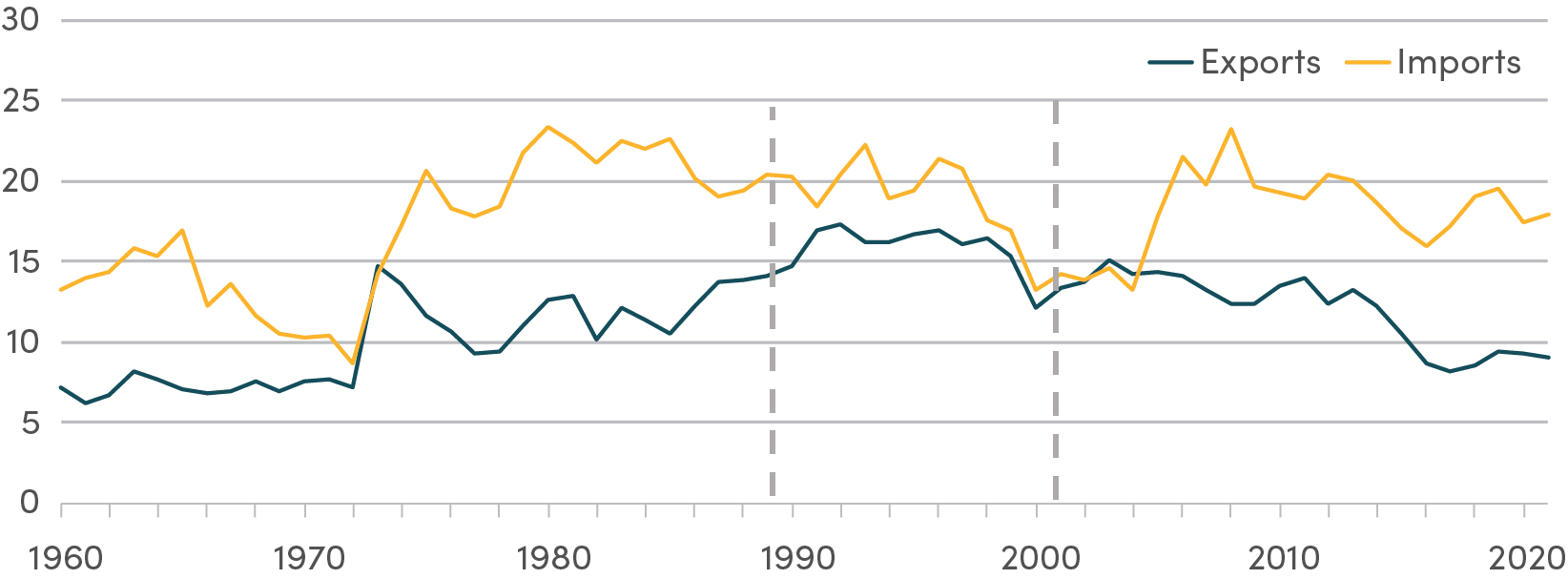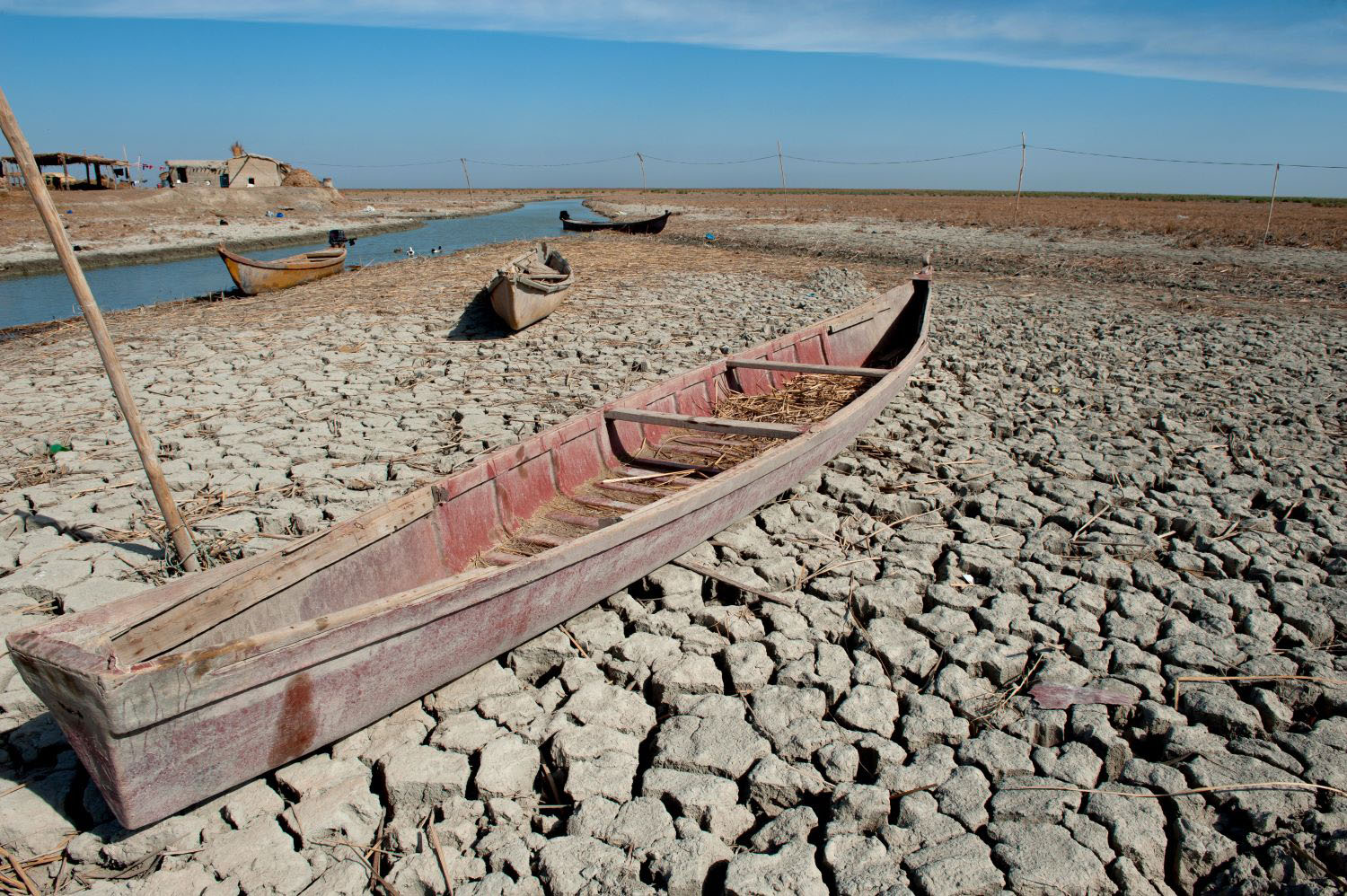This course concerns the alleviation of poverty in poor countries. Its aim is to facilitate your understanding of the dimensions of poverty, its causes, and what you as a practitioner can do to help in its mitigation. By the end of the course you will have:* Gained an understanding of several of the major debates in the field of development studies, and developed your own perspective on these issues.* Been introduced to a set of practitioner micro-skills that will enhance your capacity to create, manage and evaluate poverty alleviation projects at the local level. The tools you will analyze will involve a distinctively participatory methodological approach, one in which you engage rather than direct those affected by and involved with projects.* Acquired knowledge of core issues in a series of policy sectors central to poverty alleviation, and developed detailed understanding of the one sector that is of greatest interest to you.
This course will not have a strong focus on issues concerning the macro-economy in developing countries such as trade policy, macro-economic management and transitions to market systems. Nor will it emphasize issues concerning countries in transition, such as the former socialist states of Southeastern Europe. In addition, it will not engage to any great extent developing country public sector issues such as decentralization, civil service reform and democratic transition, or development project management. All these issues are critical development concerns but there are other courses in the Maxwell School that cover them and that you should take if you are interested in these subjects.
We will begin the course by examining the meanings of the terms ‘expertise,’ ‘poverty,’ and ‘development,’ constructs that are not as easy to define as first appears. We will also inquire about the appropriate role of the external development practitioner in seeking to induce social transformation. We will then examine the participatory paradigm in development, including its philosophy and tools. Following this we will have sessions on current issues in development: the Millennium Development Goals, corruption, donor behavior and AIDS/global health. This part of the course will also include a public symposium, described below, and two sessions defined by student interest.
Rights & Permissions
You may use and disseminate CGD’s publications under these conditions.





